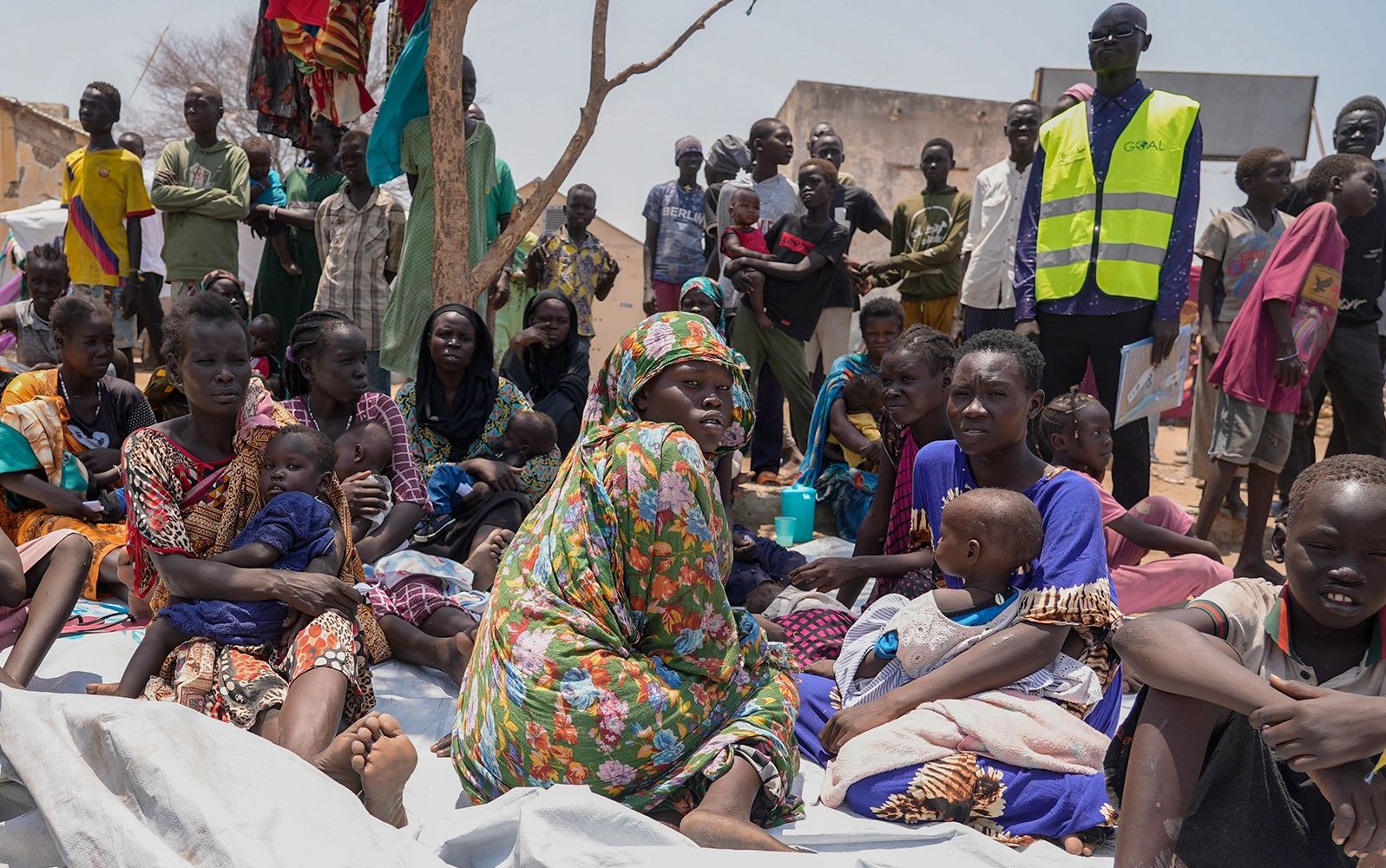
Humanitarian Organizations in Sudan: Paving the Way for Change and Development
Sudan, with its rich history and diverse cultures, has been plagued by ongoing conflicts, poverty, and various humanitarian crises for decades. In response, a myriad of organizations have been tirelessly working to bring aid, stability, and hope to the Sudanese people. These organizations play a crucial role in addressing the immediate needs of the population while also laying the groundwork for long-term development and social justice.
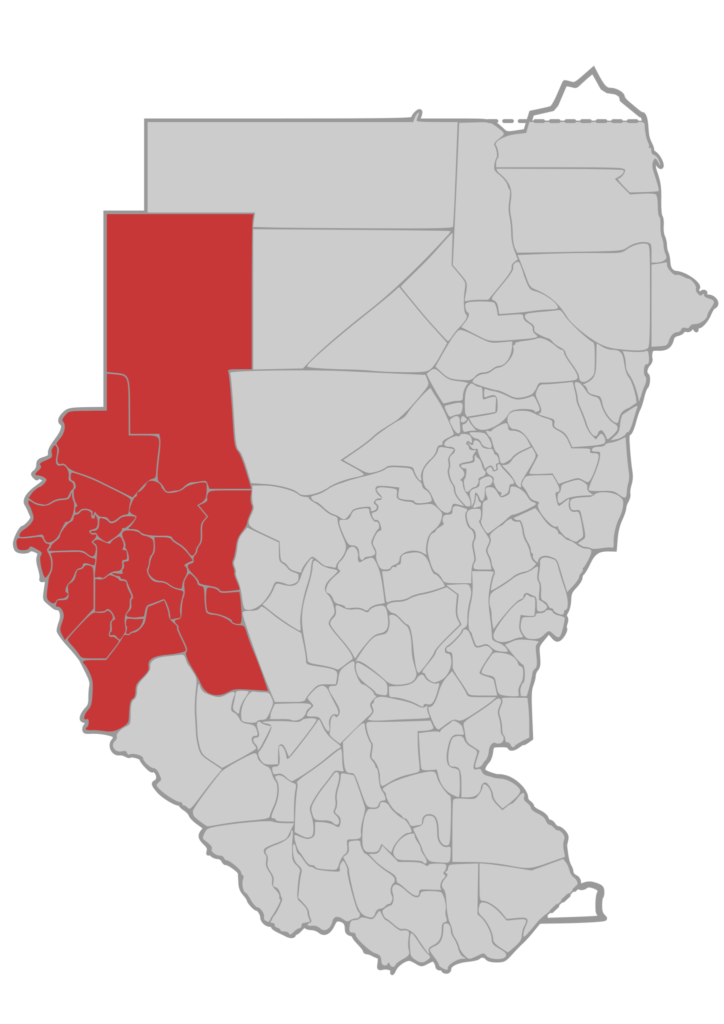
The Landscape of Humanitarian Aid in Sudan
The humanitarian landscape in Sudan is vast and complex, encompassing a wide range of activities from emergency assistance to development programs. The World Food Programme (WFP), a leading entity in this domain, has been instrumental in providing food security and nutrition assistance across the country’s six regions. This is critical in a nation where hunger and malnutrition are pervasive issues, affecting countless lives, particularly those of children. In different countries around the world, the WFP’s efforts have shown significant impact, and Sudan is no exception.
Despite the complex challenges, relief societies such as the Red Cross have been active in Sudan, offering vital medical assistance and disaster relief services. These organizations work in tandem with local entities to ensure that aid reaches the most vulnerable, including displaced people and those affected by armed conflict.
The challenge, however, is ensuring the authenticity and originality of the work. When a student says “writemy term paper,” they are entrusting a significant part of their academic integrity to someone else. Therefore, the chosen service must uphold the highest standards of academic honesty.
Key Challenges and How Humanitarian Organizations are Responding
The humanitarian challenges in Sudan are multifaceted, stemming from prolonged armed conflicts, natural disasters, and socio-economic instability. The presence of malnourished children and families living in extreme poverty is a testament to the severity of the crisis.
In response, organizations are employing innovative strategies and approaches to aid delivery and development. They are on the frontline, providing emergency assistance, food aid, and medical assistance to save lives and alleviate suffering. Their work is also focused on building resilience among communities to overcome poverty and withstand future crises.
Climate change poses another significant challenge, exacerbating food insecurity and displacement issues. Humanitarian action in Sudan is increasingly incorporating climate-smart interventions to address these challenges and promote sustainable development.
The hallmark of a great essay writing service is not just the quality of writing but also the depth of research and understanding of the subject matter. At essayhub.com, there’s a a lot of assignment writer professionals and commitment to excellence that goes beyond just putting words on a page. The writers are experts in their respective fields, ensuring that each essay is not only well-written but also insightful and academically rigorous.
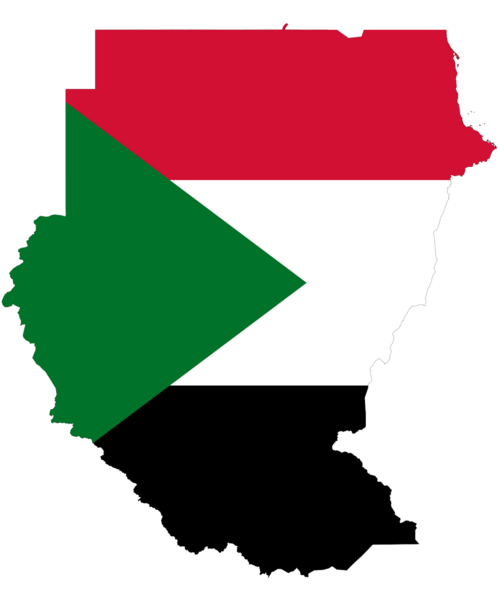
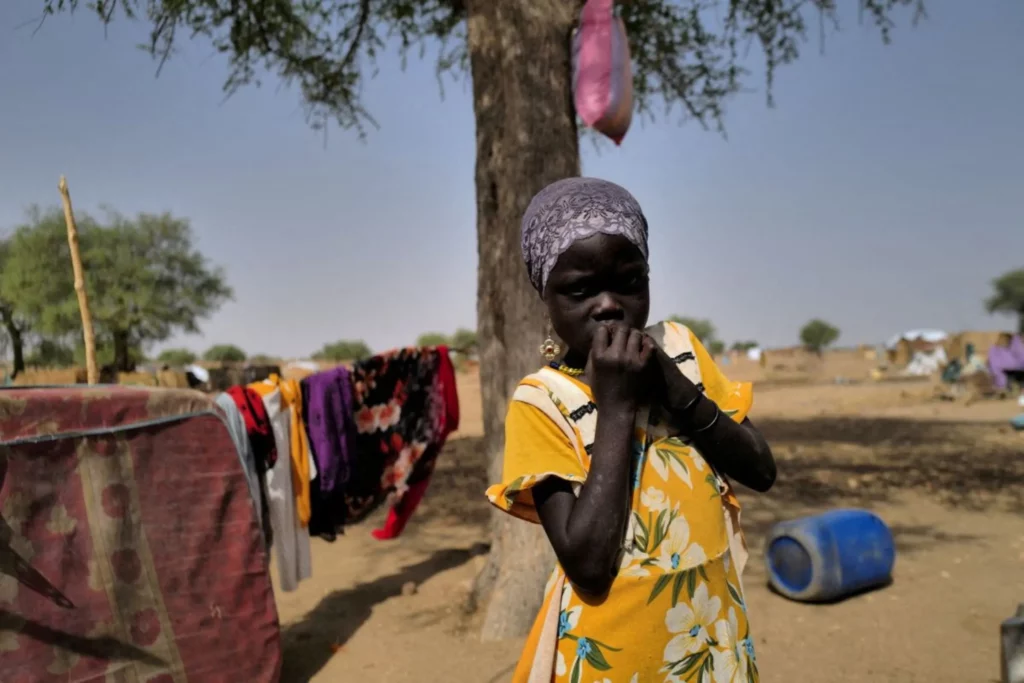
Leading Humanitarian Organization: A Closer Look
World Vision is one such leading humanitarian organization making a profound impact in Sudan. With a commitment to social justice and children’s wellbeing, World Vision implements programs that address the root causes of poverty and injustice. Their holistic approach goes beyond immediate relief, aiming to empower communities and foster long-term change.
In the six regions of Sudan where they operate, World Vision’s initiatives span across various sectors including health, education, and livelihoods. Their work with malnourished children is particularly noteworthy, as they strive to not only provide immediate nutritional support but also to strengthen local health systems and promote sustainable food practices.
The Humanity Helping Sudan Project serves as a stellar example of a Sudanese organization working diligently to ameliorate the conditions of vulnerable communities. Founded by Sudanese nationals, this initiative operates with a deep understanding of the local context, ensuring that their interventions are culturally sensitive and tailored to the unique needs of the communities they serve. With a comprehensive approach, the project addresses multiple facets of development, ranging from education and healthcare to agricultural support and women’s empowerment. They work closely with local leaders and community members to identify the most pressing issues and develop sustainable solutions. One of their notable programs involves providing vocational training to young adults, equipping them with skills that can open up employment opportunities and contribute to the economic vitality of their communities.
For a broader range of academic writing needs, PaperWriter is a go-to resource. This platform accommodates various types of academic papers, offering professional writing assistance that spans from simple essays to complex research papers, all with a focus on quality and academic integrity.
Innovative Approaches to Humanitarian Aid
Innovation is key in the ever-evolving field of humanitarian aid, and organizations in Sudan are embracing new methods and technologies to enhance their impact. From mobile cash transfers for food aid to using satellite imagery for disaster risk reduction, these innovative approaches are revolutionizing the way assistance is delivered and ensuring that it is more efficient, effective, and responsive to the needs of the communities.
These novel solutions are particularly crucial in regions affected by conflict and inaccessibility, where traditional aid delivery methods may be hindered. Organizations are leveraging technology to reach displaced people and provide them with the necessary support and resources.
Partnerships and Collaborations: Strengthening the Humanitarian Network
No single organization can address the myriad of challenges in Sudan alone. Partnerships and collaborations between different organizations, local communities, and governmental bodies are essential in creating a robust and resilient humanitarian network.
The United Nations, through its various agencies, plays a vital role in coordinating these efforts, ensuring that aid is distributed efficiently and that the various entities are working in synergy. The Red Cross and other relief societies are key players in this network, offering specialized skills and resources to bolster the collective response.

The Role of International Support and Funding
The work of organizations in Sudan is heavily reliant on international support and funding. Donors from around the world contribute to the aid efforts, providing the necessary financial resources to implement programs and save lives.
The Geneva Conventions play a crucial role in this context, setting the legal framework for humanitarian action and ensuring that aid workers have access to affected populations. Upholding these conventions is paramount in maintaining the integrity of humanitarian efforts and ensuring that assistance reaches those in need.
Success Stories and Transformative Impacts
Despite the numerous challenges, there are numerous success stories that highlight the transformative impact of humanitarian work in Sudan. Lives have been saved, communities have been rebuilt, and children have been given a chance for a better future.
Programs that focus on empowering women and girls, improving access to education, and promoting food security have shown particularly promising results. These initiatives are not only addressing immediate needs but are also contributing to the overarching goals of poverty reduction and sustainable development.
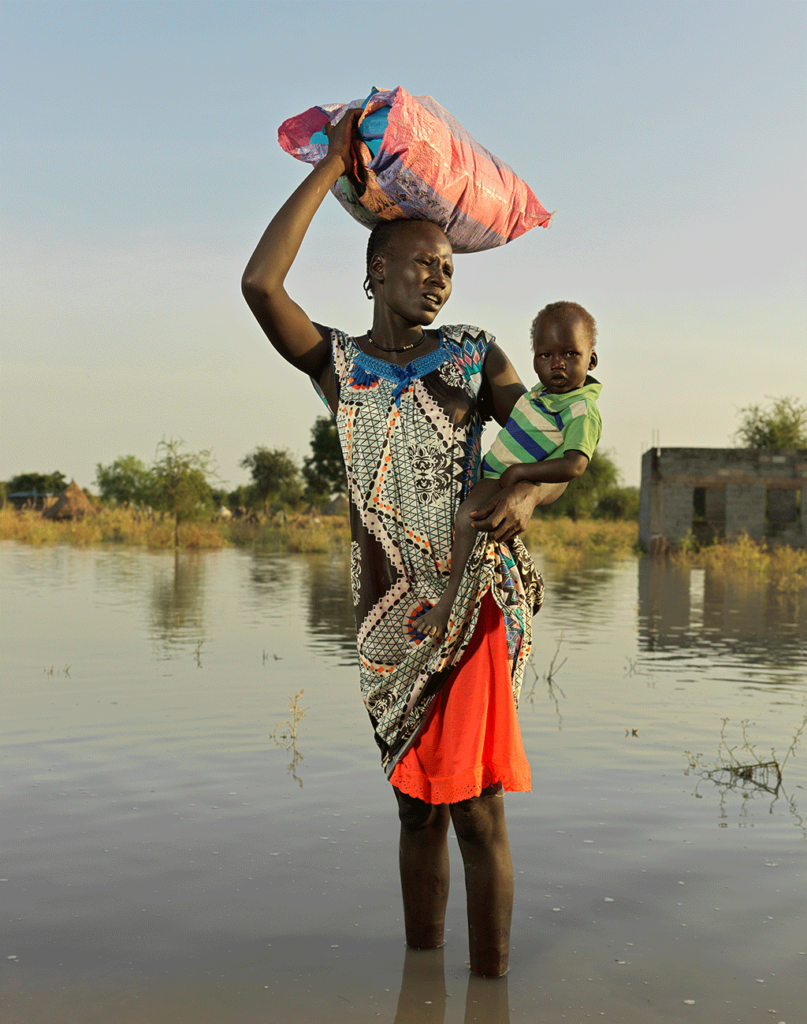
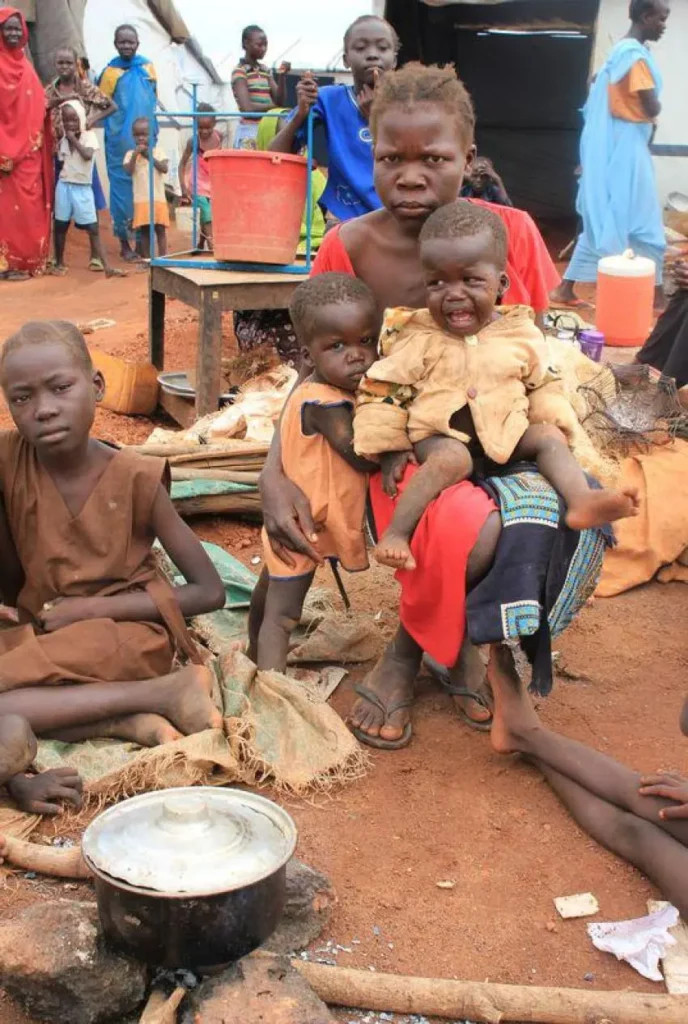
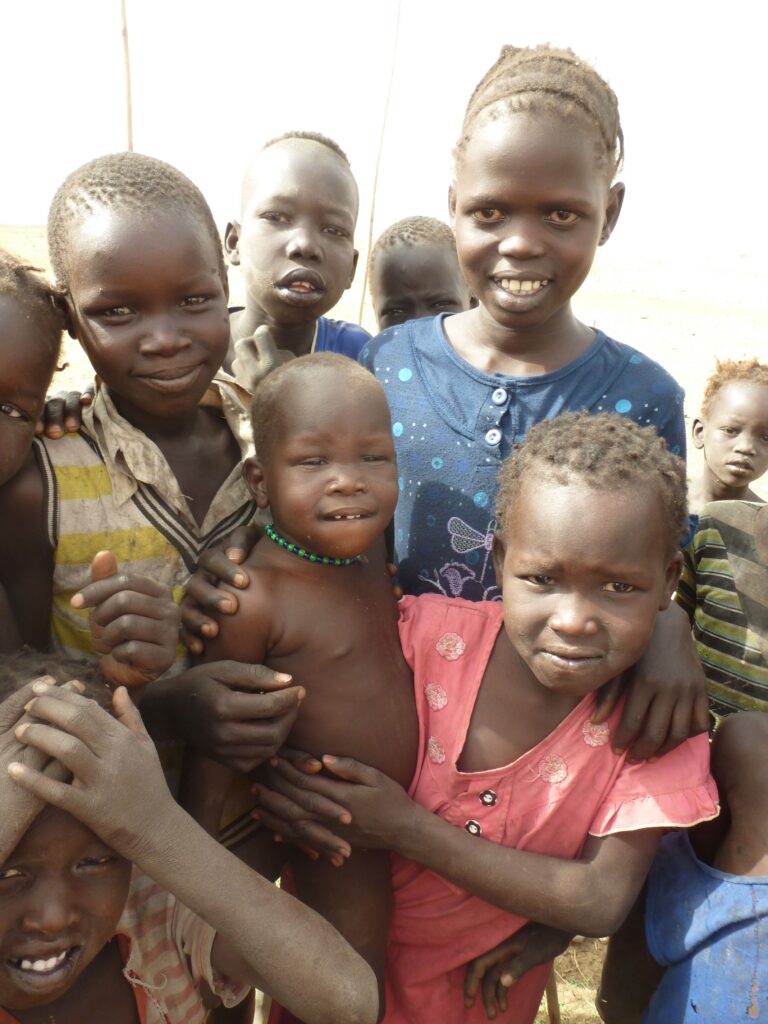
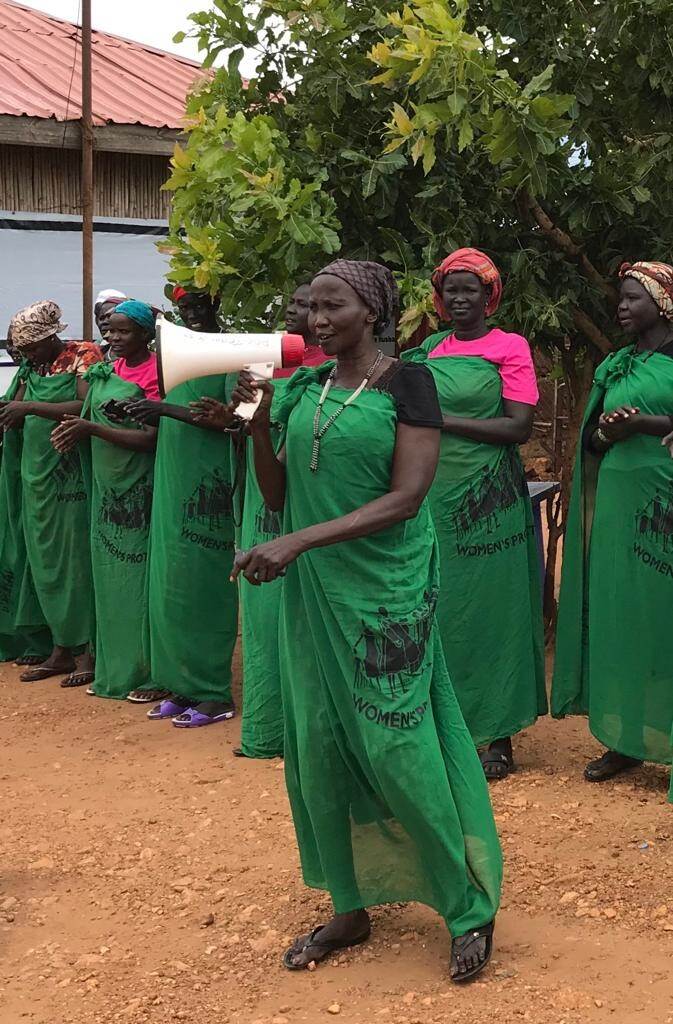
Looking Forward: The Future of Humanitarian Aid in Sudan
As Sudan continues to navigate its complex humanitarian challenges, the role of humanitarian organizations remains critical. The future of aid in the country hinges on the continued commitment of these entities, the support of the international community, and the resilience of the Sudanese people.
Innovation, partnerships, and a focus on long-term development will be key in ensuring that humanitarian action in Sudan evolves to meet the changing needs and challenges. By doing so, these organizations will continue to pave the way for change and development, helping to create a brighter, more stable future for all Sudanese.